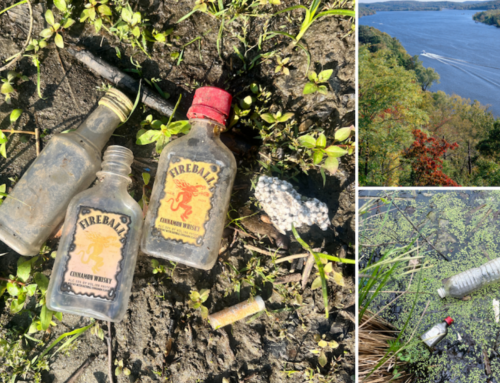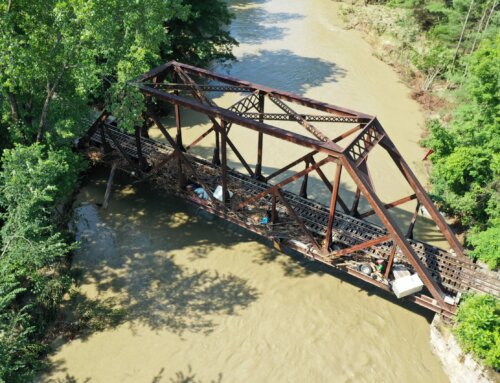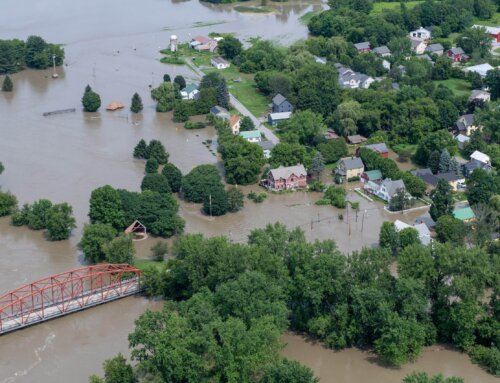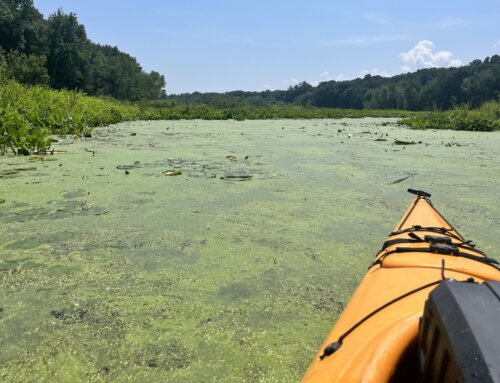February 27, 2015
Newton Tedder
U.S. EPA – Region 1
5 Post Office Square, Suite 100 (OEP06-4)
Boston MA 02109-3912
Tedder.newton@epa.gov
Re: Comments on Draft Massachusetts Small MS4 Permit
Dear Mr. Tedder,
The Connecticut River Watershed Council (CRC) has reviewed the draft Small Municipal Separate Storm Sewer System (MS4) National Discharge Elimination System (NPDES) permit for Massachusetts. CRC is a nonprofit citizen group established in 1952 to advocate for the protection, restoration, and sustainable use of the Connecticut River and its four-state watershed. The Connecticut River, an American Heritage River and the only National Blueway, is a regional resource that merits the highest level of protection. Despite this, the Connecticut River is water quality-impaired along its entire length in Massachusetts. As part of our work, we conduct weekly bacteria testing at several recreational sites in the river during the summer and early fall, and our results are posted online at www.connecticutriver.us. We have also conducted dry weather bacteria source tracking in several communities, and a multi-state one-day nutrient monitoring project in 2014.
A portion of our watershed in Massachusetts is considered urbanized under the current and draft MS4 permit. We are strongly supportive of EPA’s efforts to improve stormwater management, and we urge EPA to finalize this permit. It has been five years since we reviewed and commented on the original draft of this updated MS4 permit, and it is time to finalize it.
CRC is a member of the Massachusetts Rivers Alliance, and we endorse the detailed comment letter they submitted. We offer the following brief additional comments.
In our section of the Commonwealth, we have not a single TMDL drafted or finalized for any impaired river segment, of which there are many. Therefore, we are glad that there are requirements for discharges to impaired rivers without a TMDL. We very much endorse the comments of the Charles River Watershed Association (see bottom of page 6 in their letter), who suggest clarifying language be added that as new TMDLs are approved, the municipalities covered by them will be subject to Appendix F requirements.
We thoroughly endorse the comments submitted by several organizations calling for additional requirements to reduce widespread chloride pollution. We believe that the main reason there aren’t more water bodies listed as impaired for chloride is the lack of chloride monitoring. We think some of the work from the New Hampshire Road Salt Reduction Initiative (http://des.nh.gov/organization/divisions/water/wmb/was/salt-reduction-initiative/index.htm) could be helpful for chloride management in Massachusetts.
Several rivers within MS4s in our watershed are impaired due to total suspended solids (TSS) or turbidity. We assume these impairments fall under section 2.2.2(e) “Discharges to water quality limited waterbodies where oil and grease (hydrocarbons), solids, or metals is the cause of impairment.” While we endorse more frequent street sweeping recommended in Appendix H, we think that there should be additional requirements beyond that. We would recommend that Section 2.3.5, Construction Site Stormwater Runoff Control, apply to construction projects less than an acre in watersheds impaired for TSS or turbidity.
Three cities in our watershed still have significant combined sewer overflow (CSO) systems that contribute to impairments in the Connecticut River. It is our understanding that the portions of Springfield, Chicopee, and Holyoke with combined systems are not subject to the MS4 requirements. It strikes us that because these cities have chosen to install satellite (pathogen) treatment facilities for their largest CSO outfalls, this allows them to continue to operate outside of other MS4 requirements, such as nutrient reduction for the Long Island Sound TMDL or BMPs for the TSS impairment. In these cases, implementation of the MS4 permit may not lead to as many water quality improvements as we would wish.
Thank you for an opportunity to comment on this draft MS4 permit.
Sincerely,
Andrea F. Donlon
River Steward
cc: Fred Civian, MassDEP







